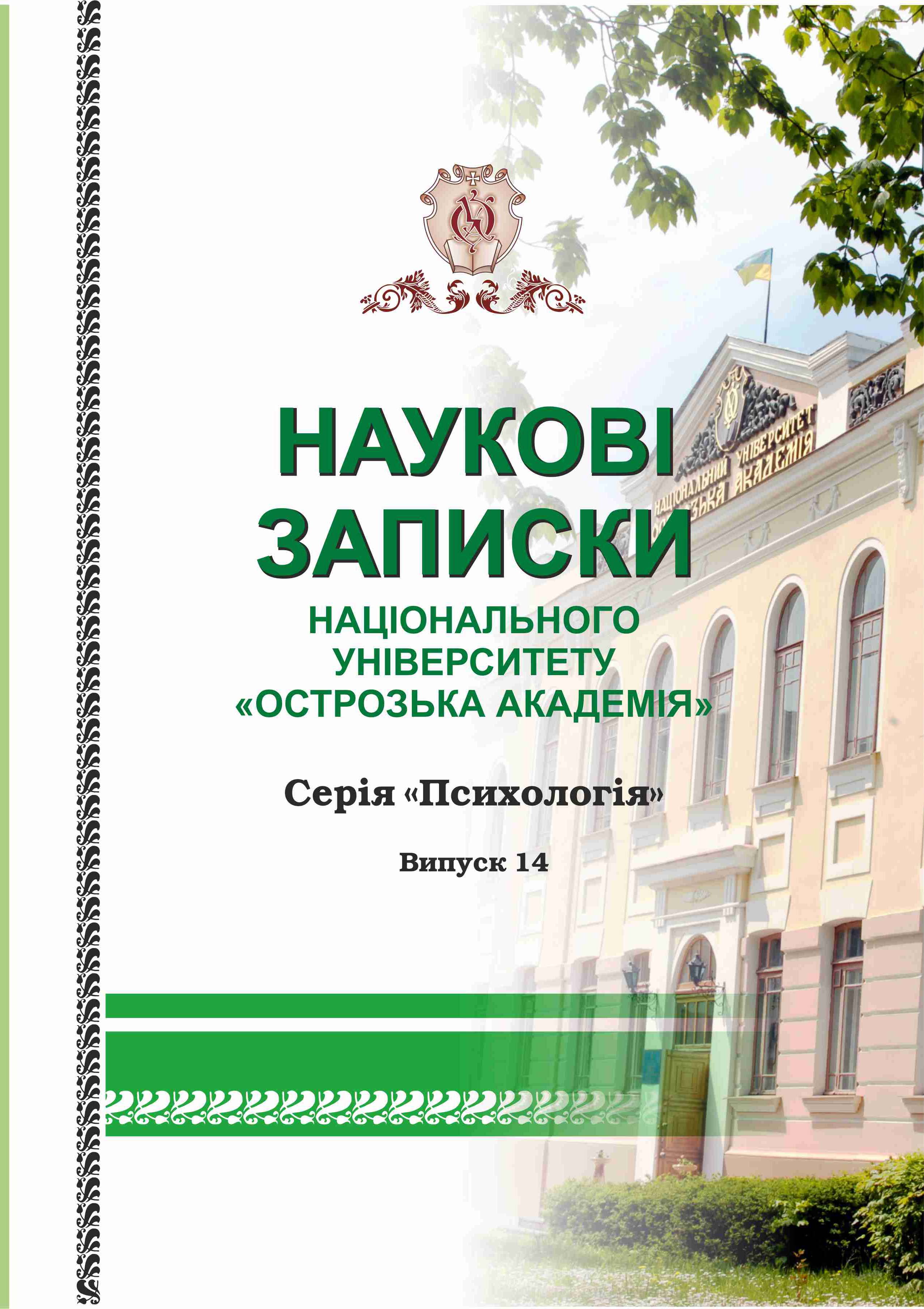EMOTIONAL CONTEXT OF THE ACCURATE AND INACCURATE METACOGNITIVE MONITORING LEVELS
Ключевые слова:
accurate metacognitive monitoring; inaccurate metacognitive monitoring; the illusion of knowing (the IK); the illusion of not knowing (the INK); emotions; metacognitive monitoring; university studentsАннотация
Purpose. The aim of the paper is to identify what emotions arise after obtaining information about the correct or incorrect estimations of the performance in a short knowledge test. To do this a short pilot experimental research was conducted outlining some peculiarities of the accurate and inaccurate metacognitive monitoring levels in university students’ learning activity.
Methods and procedure. The theoretical and comparative practical methods of studying the accurate and inaccurate metacognitive monitoring levels of university students have been used in the study. The participants (n = 77, Mage = 17.62) answered knowledge information questions of three types (multiple-choice, open-answer, and ‘Yes’/‘No’) set up both in Ukrainian and in English and performed prospective and retrospective metacognitive judgements of learning. Calibration procedure helped to define average indicators of both the illusion of knowing and the illusion of not knowing, as well as adequate levels of metacognitive monitoring. After the announcement of the correct answers the participants noted their emotions that arose when the answer were correct / incorrect.
Results. The results showed the occurrence of emotions with positive and negative affect both in the accurate (the adequate level) and inaccurate metacognitive monitoring levels (the illusions of knowing and not knowing). According to the data, in total, the examples of the emotional status of the highest frequency were mainly with the positive affect. The illusion of not knowing was expressed by 5 main samples of emotional status of negative affect (‘disappointed’, ‘surprised’, ‘offended’, ‘inattentive’, and ‘sad’), 8 samples of emotions of positive affect, though the value of them was not very high in almost all the cases (‘normal’, ‘good’, ‘glad’, ‘calm’, ‘nice’, ‘proud’, ‘satisfied’, and ‘unsurprised’), and 2 of neutral affect as well. Students with the adequate level of their RCJs showed only positive and neutral emotions of different value.
Conclusions. The current results continue to expand an investigation of metacognitive monitoring reliability factors. Still the presented ideas serve more as a framework for future study and their pure implications still need thorough further researches.


